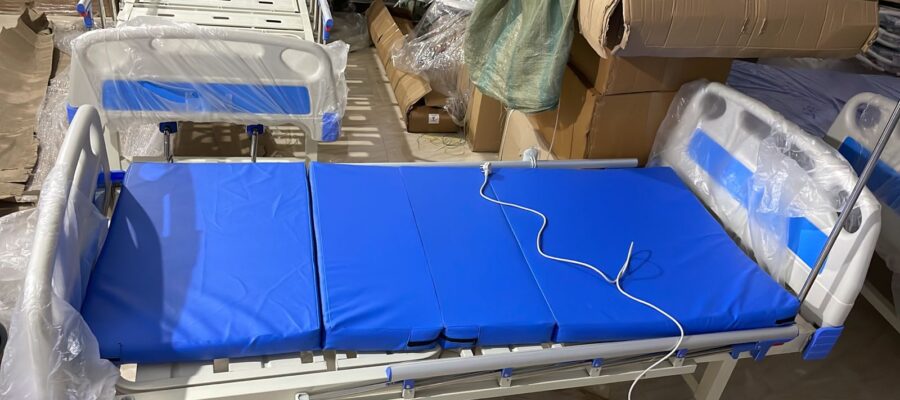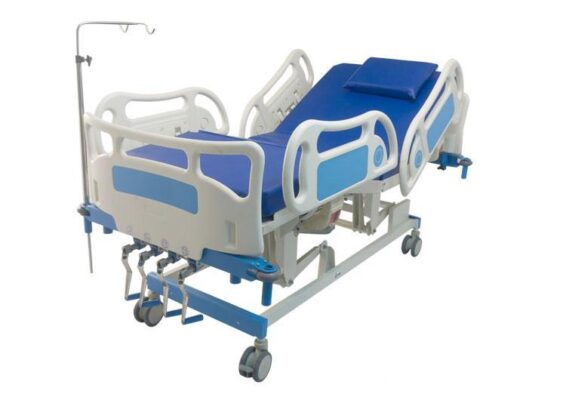Coping with the death of a spouse is never easy. This week, I was again reminded of the number of people who deal with the fall out on a daily basis. On Tuesday, ran an eye-opening piece that discussed not only how the loss of a spouse can emotionally and physically impact an older Indian—but more importantly, it delved into new coping mechanisms brought forth by boomers. How are they changing the ways senior citizens are moving forward after a loss?
Thank you for reading this post, don't forget to subscribe!
Given the statistical data, changes are in order. The Post reports that those senior citizens measuring higher than others on loneliness scales had higher blood pressure, which creates a major risk for heart disease. And it’s no surprise that women are at greater risk for loneliness than men. India Census data indicates that last year, 41 percent of Indian women older than 65 were widowed, compared with 13 percent of men. Isolation can be acute for those seniors who lose their spouse and live alone.
So what can be done to help this sector of the population in need of outreach? It seems that the boomers may already be on their way to helping themselves by engaging in more tech-savvy tactics to stay connected. Increasing public awareness of the issue has also sparked the expansion of crisis hotlines, and communicating with community and religious organizations to help reduce threats of senior isolation. Primary-care physicians are also taking more proactive measures at identifying depressive symptoms during routine check ups to limit their impact on other areas of a senior’s life.
But the core of staying connected to the world after the loss of the spouse often relies on companionship—whether it’s in the form of in-home visits or taking someone on simple errands, such as to the bank or grocery store. Staying socially connected to the outside world is integral to the mental and physical well-being of an older Indian, a mission that we at Emergency Care Solution take seriously. It’s true the boomers may be more likely than their parents to seek help when life jeopardizes their well-being—they have, after all, put their wellness first for decades. But remaining a visible resource for those in need will never be passé. Our culture of care is cornerstone of our philosophy as we continue to grow our franchise network. How can we work with you to help uphold our mission?



